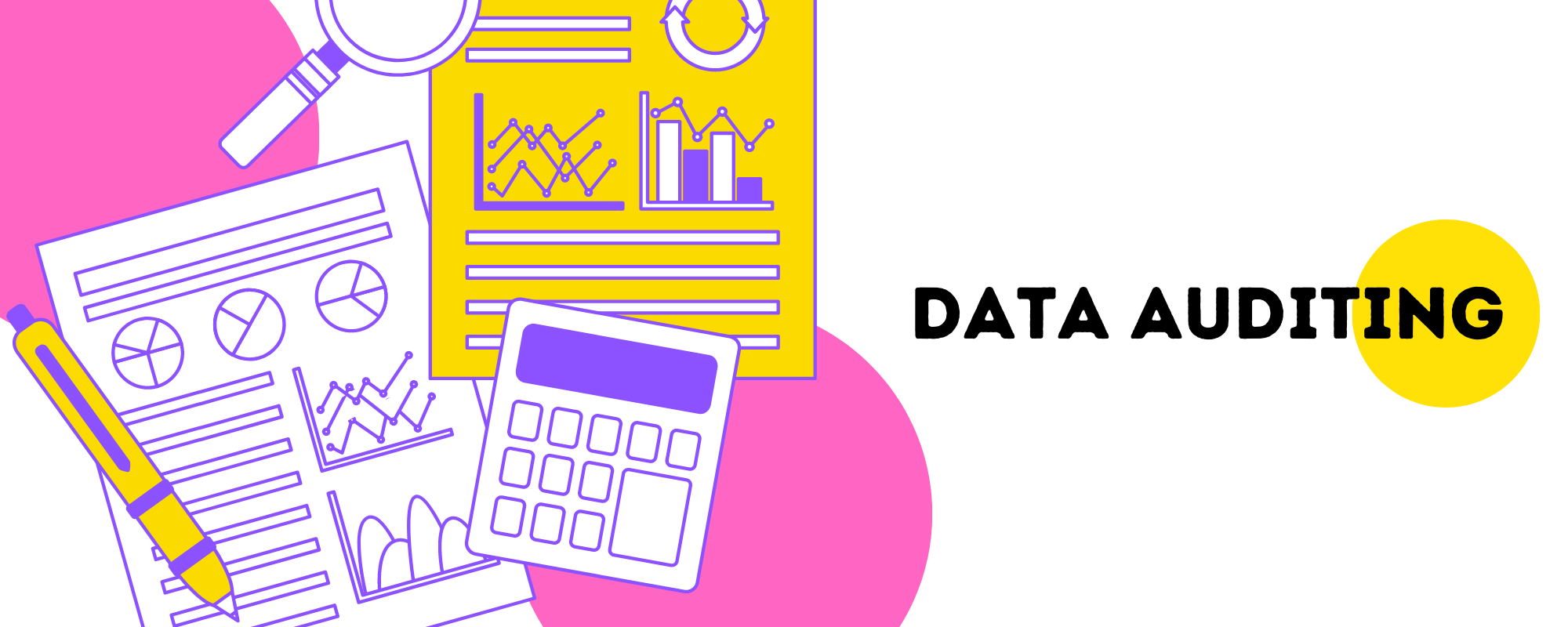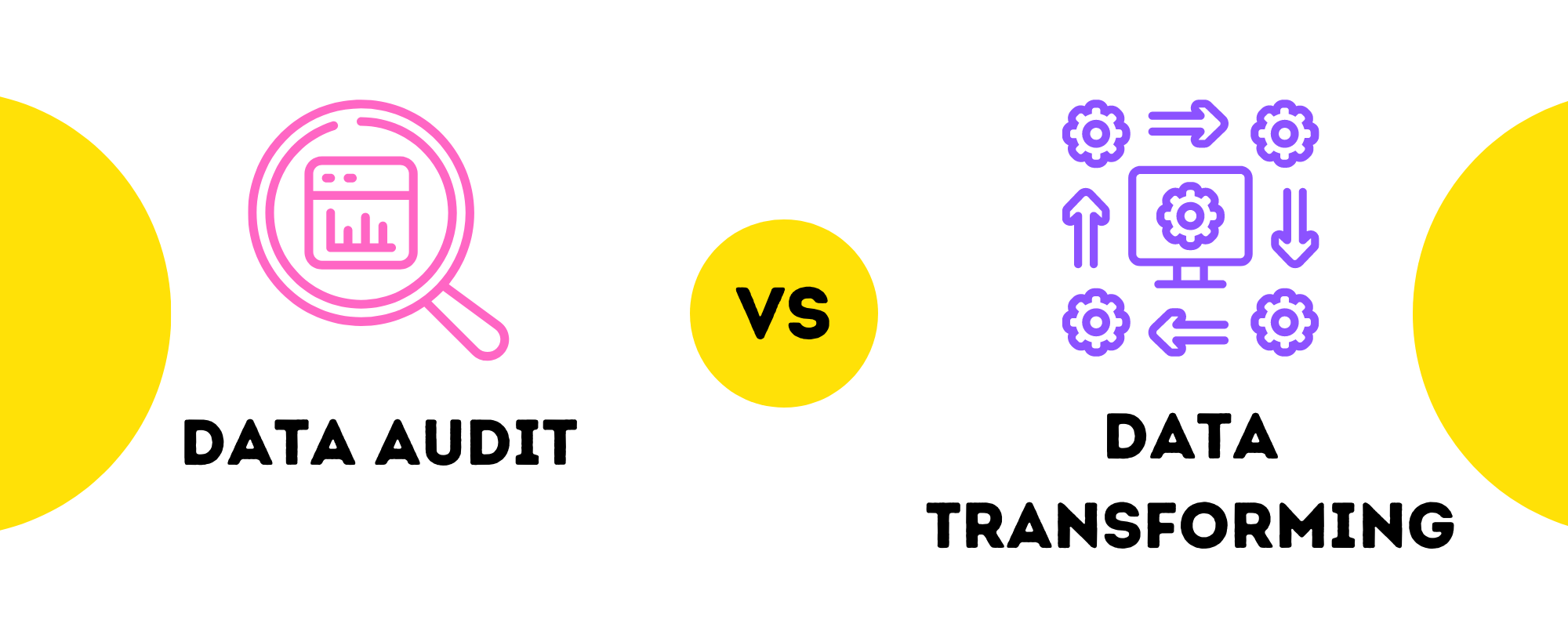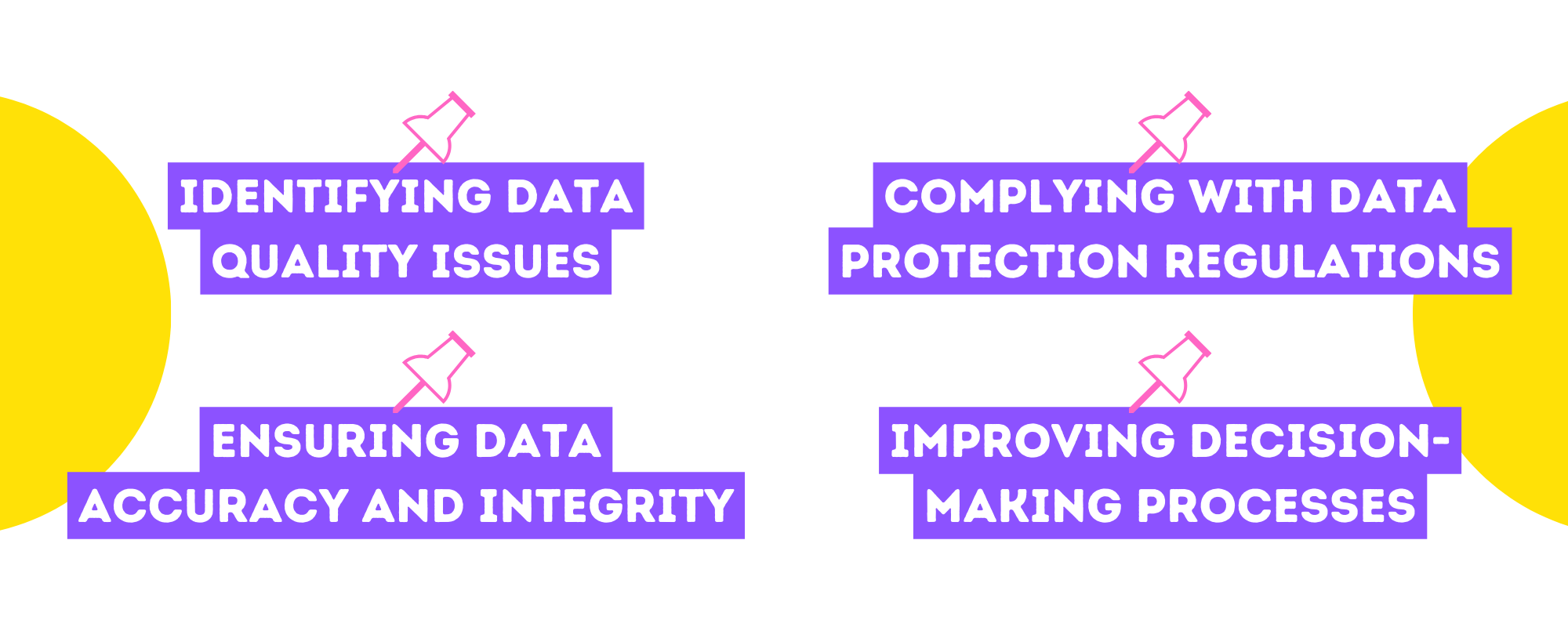
Data Audit: Ensuring A Clean And Filtered Data
CATEGORIES
Tags
24/7 analytics australia automation Business Process Outsourcing company Copywriting CRM customer support data data and analytics Delegate digital digital advertising digital marketing Digital Support Staff ecommerce Email Management Email Marketing Entrepreneur Freelance Writers google ads graphic design Hiring Freelancers Marketing offshore offshoring ominchannel support organizer outsource Outsourcing Philippines Project management reporting seo seo audit Shopify Small Business social media Social media experts social media management United States video Virtual Assistant Virtual Team
When it comes to using data, the quality of your insights and analysis depends on the quality of the data you have.
Garbage in, garbage out. If you start with bad or inaccurate data, you’ll end up with unreliable or misleading analysis. That’s where data cleaning comes into the picture. It’s like giving your data a thorough scrub to ensure its quality and reliability.
Think of it as an essential step for your organization if you want to make informed decisions based on high-quality data.
Data cleansing might be a time-consuming procedure, but it is very important for good outcomes and truly insightful insights.
What is Data Auditing?
Data auditing is conducting a thorough check-up or examination of your data to ensure its accuracy, completeness, and compliance with specific standards or regulations. It’s similar to an accountant going through financial records to make sure everything adds up correctly.
During a data audit, you may compare data against predefined rules or criteria to check if it meets the required standards. You might also look for errors, missing or duplicated data, spot inconsistencies and irregular patterns or outliers, and verify if the data is in the right format.
Data Auditing vs. Data Transforming
Data auditing removes information from your dataset that does not belong there. The goal is to assess the quality and reliability of the data and make sure it meets the required criteria.
On the other hand, data transformation involves making changes or modifications to the data to improve its structure, format, or usefulness for analysis or other purposes. It’s a makeover for your data, where you reshape it to better suit your needs.
This ranges from reformatting the data, aggregating or disaggregating it, converting it into a different representation or scale, or even merging data from multiple sources.
While data auditing focuses on ensuring the accuracy and integrity of the data, data transforming is more about optimizing and refining the data for specific tasks or analyses.
You take raw data and refine it into a more usable and meaningful form.
Why A Data Audit is Important
We frequently hear about the importance of data-driven decision-making in business and its potency. But you can only really do that if you start with clean data. A data audit can save you from potentially disastrous misconceptions and inefficient campaigns.
1. Identifying data quality issues
Data auditing helps you identify data quality issues such as errors, inconsistencies, duplications, or missing values. It allows you to thoroughly examine the data and uncover any problems, ensuring that your data is accurate and reliable.
2. Ensuring data accuracy and integrity
Data auditing verifies data correctness, checks for discrepancies, and maintains data integrity according to expected standards or rules. It goes through data examination and compares against external sources for reliability.
Anomalies or errors detected are rectified to improve data quality. Data integrity measures are also implemented to ensure consistency and prevent unauthorized modifications.
3. Complying with data protection regulations
Data auditing helps you comply with data protection regulations, such as GDPR (General Data Protection Regulation) or CCPA (California Consumer Privacy Act). You can identify potential privacy or security vulnerabilities, take necessary measures to protect sensitive information, and meet legal and regulatory requirements.
4. Improving decision-making processes
High-quality data is essential for making informed decisions. Data auditing enhances the reliability of the data used in decision-making.
It allows you to address data quality issues, ensuring the accuracy and integrity of the data, which leads to better decision-making processes.
How Data Audit Can Benefit Your Business
“Data audit” has a tense sound to it but data audits offer your company genuine advantages.
1. Enhanced operational efficiency
When you conduct data audits, you ensure that your data is accurate and reliable. This means your operational processes can run smoothly without being hindered by errors or inconsistencies.
With clean and trustworthy data, you can streamline your workflows, reduce redundancies, and improve overall efficiency.
2. Improved customer satisfaction
Data audits maintain accurate customer information including preferences, contact details, and purchase history.
You can give personalized and targeted experiences and enhance your customer satisfaction and loyalty.
3. Mitigation of potential risks
Data audits help in identifying and addressing potential risks associated with data quality, privacy, and security. Proactively detecting and resolving issues helps mitigate the chances of data breaches, compliance violations, or other negative impacts on your business.
4. Enhanced data-driven decision-making
Reliable data is essential for making informed decisions. Data audits ensure that your data is accurate, complete, and trustworthy, enabling you to make more confident decisions based on reliable insights.
This leads to improved strategic planning, better resource allocation, and increased competitiveness.
Best Practices in Conducting a Data Audit
Regular data privacy audits and evaluations are required if you wish to secure your data assets, comply with regulatory requirements, and avoid reputational harm.
And these are some best practices to assist you in organizing and carrying out efficient data privacy audits and assessments.
1. Define audit objectives and scope.
Start by clearly defining your data audit objectives and scope. Determine what aspects of your data you want to assess and improve. This will give you a clear direction for the audit.
2. Identify relevant data sources.
Identify all the data sources that are relevant to your audit. This covers databases, spreadsheets, or external sources where your data is stored. Make sure you have a comprehensive understanding of where your data comes from.
3. Assess data quality and completeness.
Evaluate the quality and completeness of your data. Look for errors, inconsistencies, missing values, or duplicate records. Analyze the data against predefined standards or criteria to determine its accuracy and reliability.
4. Identify and address data anomalies and inconsistencies.
During the audit, identify any anomalies or inconsistencies in your data. This could involve outliers, data discrepancies, or unexpected patterns. Investigate these issues, determine their causes, and take necessary steps to address them.
5. Review data governance and compliance practices.
Review your organization’s data governance and compliance practices. Ensure that you have appropriate policies, procedures, and controls in place to protect data privacy, security, and comply with regulations. Identify any areas that need improvement.
6. Document findings and recommendations.
Document the findings of your data audit along with recommendations for improvement. This serves as a record of the audit process and provides a basis for implementing corrective actions.
7. Implement corrective measures.
Take action based on the findings and recommendations of the audit. Implement corrective measures to address data quality issues, improve data governance practices, and enhance overall data management processes.
8. Establish ongoing monitoring and maintenance procedures.
Set up procedures for regularly monitoring and maintaining your data. This includes conducting periodic audits, performing data quality checks, and continuously improving your data management practices.
How USource Can Help
USource is an outsourcing partner that ensures accurate, reliable data aligned with your business objectives through data quality improvement and compliance standards.
We’ve done data audits for clients in conjunction with other projects like website development and marketing. Here’s how USource can support your business:
1. Data audit expertise and experience
Teams at USource have extensive expertise and experience in conducting data audits. They have professionals who specialize in data analysis and audit methodologies, ensuring that your data is thoroughly assessed for quality and integrity.
2. Dedicated team for conducting data audits
You get to hire a dedicated team that will focus solely on conducting your data audits. This team will focus on analyzing your data, identifying issues, and recommending improvement for a comprehensive and efficient audit process.
3. Technology and tools for efficient auditing
At USource, the team leverages advanced technology and tools specifically designed for data auditing. These tools help streamline the audit process, making it more efficient and effective.
The staff you hire uses these tools to identify data anomalies, inconsistencies, and errors with precision and speed.
4. Customized data audit strategies
Every business has unique data audit requirements. That’s why USource offers customized data audit strategies tailored to your specific needs and objectives.
They work closely with you to develop an audit approach that aligns with your business goals and targets the areas that are most important to you.
5. Recommendations for data quality improvement
As part of the data audit process, USource offers detailed recommendations for improving data quality. These recommendations may include data cleansing techniques, data governance enhancements, or process improvements to prevent data quality issues in the future.
USource will guide you on how to enhance the overall quality and reliability of your data.
6. Ongoing support and monitoring
USource offers ongoing support and monitoring services to ensure that the improvements implemented after the data audit are sustained.
They can help you establish monitoring mechanisms and provide ongoing assistance to maintain data quality and integrity.
Teams must have complete faith in their data since analytics are increasingly used to drive business decisions.
It takes more than accuracy to boost your trust in and the quality of your company and analytics data. The audit may reveal information silos, problems with access, or areas where a more extensive or comprehensive gathering would be useful.
Take control of your data and make confident business decisions. Contact USource today to enhance your data audit process.







